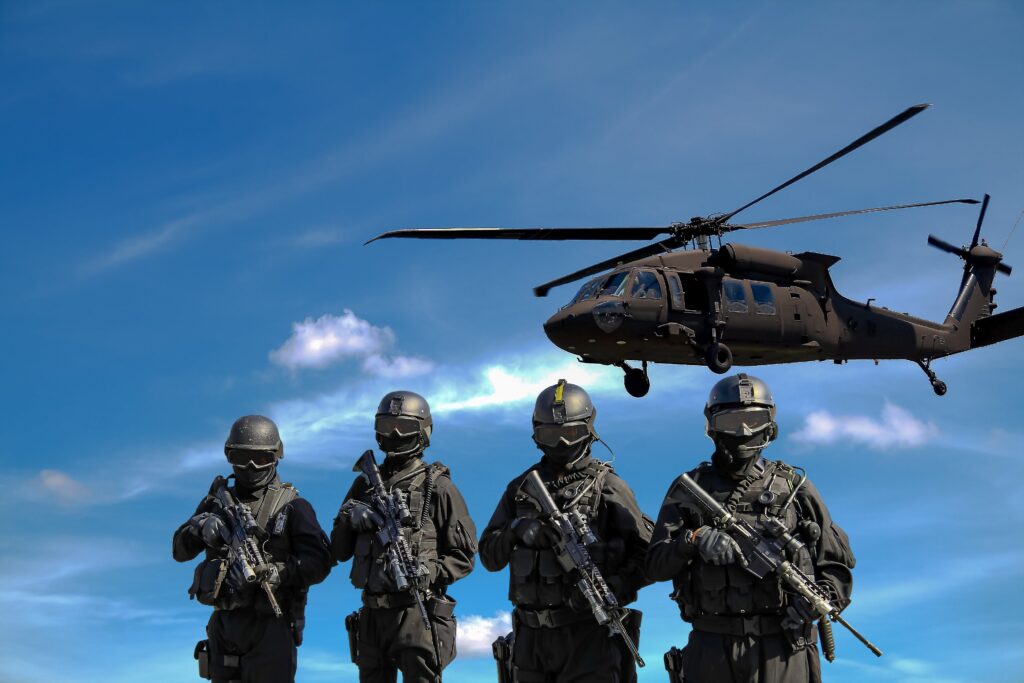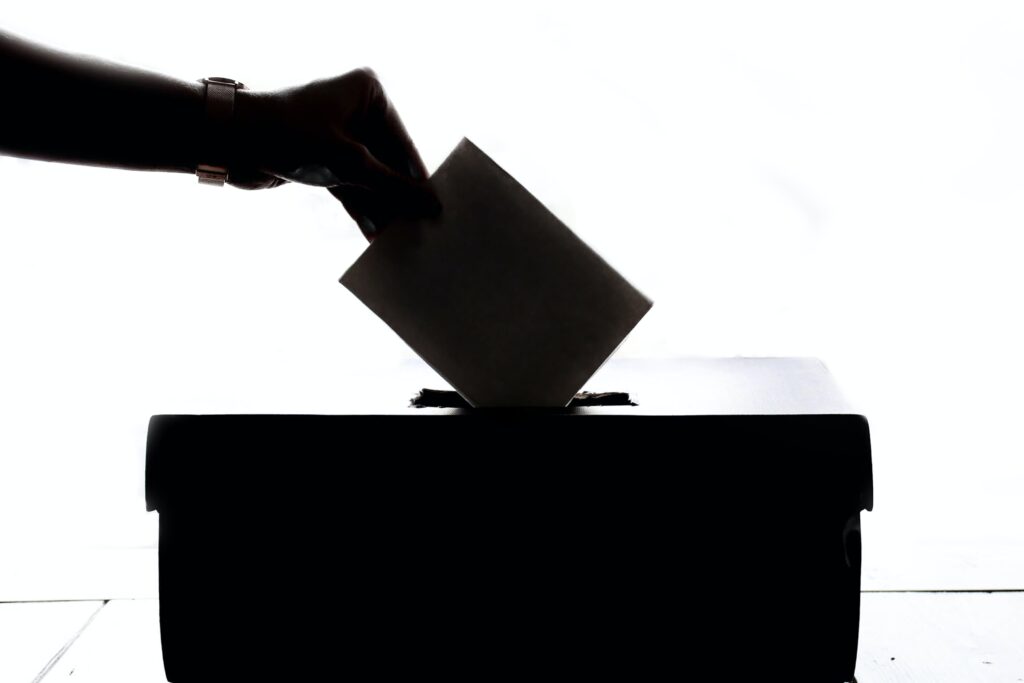ACT Army – Learn more with Healthier Veterans Today! It is the responsibility of Allied Command Transformation (ACT) to define the future military landscape.
As well as identify areas of challenge and opportunity for innovation, and ensure that our military forces maintain a strong and effective edge in warfare.
The term “disciplinary military law” refers to the section of the code that reinforces and punishes violations of discipline within the armed forces. In the past, this was known as martial law.
This term now refers to the military enforcement of order upon a civilian population, either in occupied territory or during a time of disorder.
Military enforcement of order upon a civilian population, in either occupied territory or times of disorder, is a critical means of preserving stability and preventing chaos.
In modern times, members of the armed forces still have responsibilities as citizens and human beings.
Any military system must ensure that soldiers cannot evade the obligations of their country’s ordinary law or international law, as recognized in various conventions.
Table of Contents
1. Historical Development

The object of the ACT army is to ensure that the will of the commander is put into effect. Military law, therefore, traces its origins to the power of rulers.
2. Persons Subject to Military Law
The jurisdiction of army military law is not necessarily confined to offenses detrimental to the discipline of the forces committed by members of those forces.
Members of the military are subject to jurisdiction for all their crimes, and non-members can be held accountable for disciplinary infractions to varying degrees in different countries.
3. Military Personnel
In countries where military service is compulsory, it is essential for soldiers to answer their initial call-up or report for duty. Failure to do so may result in military jurisdiction for offenses such as desertion or self-mutilation.
These offenses are applicable to soldiers as a class of civilians under the military code, or they may be deemed enlisted upon receipt of a calling-up notice under the ACT army introducing national service.
By responding to their call-up notice, soldiers can fulfill their obligation to their country and serve with honor and pride.
Individuals are required to assume responsibility for any punishable military offences, even when absent from conscripted or temporary reserve service with authorization.
Military jurisdiction applies to reservists who commit serious offenses, including treason, communication with foreign nations, and the unauthorized disclosure of official secrets.
4. Prisoners of War

Also among those who fall under military jurisdiction are prisoners of war.According to the third Geneva Convention of 1949, military courts are responsible for the trial of prisoners of war, unless the laws of the belligerent specifically permit a member of the armed forces to be tried for the same offenses by a civil court.
Prisoners of war must not be sentenced to any penalties other than those that might be inflicted on members of the forces of the detaining power for the same act.
5. Procedure
The forms of punishment inflicted usually are loss of privileges for a specified period, fines, or deprivation of liberty.
Higher military commanders typically have the power to deal summarily with officers, generally up to the rank of major. However, in some countries, these will not be liable to loss of liberty.
6. Appeal
In the United States and other common-law countries, the accused may complain to the commanding officer’s superiors of unjust or unduly severe punishment under the ACT army.
Such complaints may proceed to the highest level, in effect achieving a review of the commanding officer’s award.
7. Between summary Action and Trial
Military crimes and similar offenses are also dealt with judicially. In the latter, however, an intermediate form of tribunal deals with the more severe breaches of discipline.
It may impose punishments affecting a soldier’s career, such as loss of rank or appointment, dismissal, or forfeiture of pension rights.
8. Pretrial Procedure
Military courts follow the judicial procedures of the ACT army no less formally than those of the higher civil courts.
Under other military legal systems, the preliminary investigation is likely to be in the hands of an army magistrate and set in motion by a military procurator.
Who corresponds to the official responsible in such countries for initiating civil prosecutions on the public behalf.
9. Protecting the Accused

Pending trial, all countries maintain a presumption of the accused’s innocence.
The person must be allowed full facilities for preparing their defense, and there are typically safeguards provided to protect him from being held unjustifiably in arrest before trial.
In some systems, a magistrate must order and authorize his detention, usually for a limited period only. Where the accused’s commanding officer is empowered to authorize arrest.
They are likely to be obliged to report the progress of the case at specified and frequent intervals to higher authority so that the need to retain the accused in arrest can be constantly monitored.
10. Composition of the Court
Courts-martial are generally composed, depending on the type of case, of between three and seven judges; these are usually military officers.
However, in some countries, the court membership may include other ranks and even civilian judges.
The military courts of most countries embody at least one lawyer, who may be a legally qualified serving officer or a civilian and whose role may be either that of a participating member of the judicial tribunal or that of a legal adviser to a tribunal composed of lay members of the military.
In those courts where the lawyer sits as a legally qualified judge, he takes part with the other tribunal members in deliberating upon the court’s finding, as is usually the custom in civil trials in their countries.
Similarly, the legal adviser to the court-martial sums up the law and the facts in open court and then retires, leaving the tribunal members to their own discussions and returning only when they announce their findings.
The adviser normally remains present during the court’s subsequent discussions on sentence, but only as an adviser, having no vote.
When sitting with a court-martial, his functions remain advisory, much as already described.
However, also given an alternative jurisdiction to sit, at the request of the accused, as the sole judge in the case, determining guilt or innocence and, in the event of a finding of guilty, passing sentence.
11. Counsel for The Accused

In trials before military courts, all countries allow the accused to be assisted in his defense by an advocate; in some countries, this is compulsory. All countries permit the employment of qualified civilian lawyers.
The stage at which a defender may operate varies. Normally, he may assist immediately after the first interrogation when an accused is informed of his rights.
He then has the right of intervention during the instruction process and must be present at such features as the interrogation of the accused.
12. Appeal Through The Courts
Usually, only the defense can appeal, but sometimes the prosecution can also appeal against the original finding and sentence of the court-martial or on a question of law.
Facts to Know About The ACT Army Laws and Implementation…
Since the 1950s and ’60s, there has been a trend toward the civilianization of military courts.
France has joined Norway and Sweden in placing its service members in peacetime exclusively under civil jurisdiction.
In countries that have not gone as far as this, the military court of first instance has come to include a substantial number—sometimes a majority—of civil judges.
Necessarily, this is possible only in countries whose armed forces are stationed entirely within (or within easy reach of) their own frontiers.



